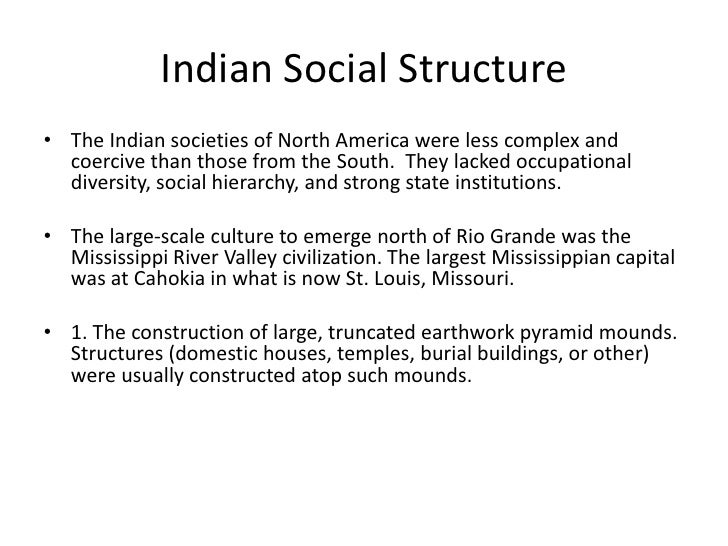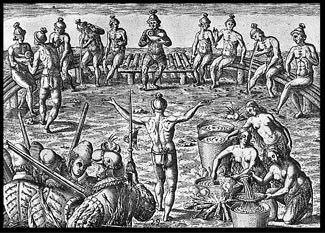- Political Organization Defined
- Discuss The Political And Social Organization Of The Iroquois
- Social And Political Organization Iroquois Confederacy
Political Organization Defined
Iroquois women, like many Native Americans, were honored in their society. Inhertiance fell matrilinealy, and clan mothers were given the right to ordain and remove sachems from the Iroquois. Social and Political Organization. Iroquois Institutions, Customs, and Character. Indian Religion and Superstitions. The Indian Mind. NOTRE−DAME DES ANGES. Father Le Jeune. The Mission−House. Its Domestic Economy. The Jesuits and their Designs. LOYOLA AND THE JESUITS. The Andastes.-The Iroquois.-Social and Political Organization.- Iroquois Institutions, Customs, and Character.- Indian Religion and Superstitions.-The Indian Mind. Social and Political Organization. Iroquois Institutions, Customs, and Character. Indian Religion and Superstitions. The Indian Mind. NOTRE−DAME DES ANGES. Father Le Jeune. The Mission−House. Its Domestic Economy. The Jesuits and their Designs. LOYOLA AND THE JESUITS.
TheEuropean Constitution and our abandonment of 1790
Subsidiaryquestion with European dimension, euh... not, revolutionist !
TheFrench position in front of adhesion with the European constitution, beyondquestions of politicking tactic secondary, embarrasses the partisans of therepublic resulting from the revolution of 1789, which they are of left likeline. The origin of this embarrassment lies in the principle of subsidiarity.
Thisprinciple hardly raises difficulty of comprehension : the recourse to ahierarchically higher organization should take place only when the organizationsdo not manage to solve a litigation or when a question relates to all theorganizations of the same level and that it is to better treat this question atthe higher hierarchical level in a common way rather than to let eachorganization solve with its manner this situation with all the risks ofconflicts or bad interpretation, of more or less relevant solutions that thisinvolves. This principle rests on good direction, pragmatism, effectiveness toarrive at peace and progress in these organizations. There is not the Frenchproblem.
Stillit is necessary that there are organizations of the same level and higherhierarchical organizations of level. At the top of the system of republicancapacity, there is the state, the nation resulting from 1789. But then for usFrench the situation becomes complicated : therevolution of 1789 made the vacuum between the state and the citizens.All the intermediate organizations were prohibited, mainly in 1790 by the lawthe Hatter. How then to adopt a principle of subsidiarity in France ? Asa preliminary, we must give up the philosophical, ideological base of 1789 andthe political loans with the ideas of Jean-JacquesRousseau who to defend the personal freedom carrying out ineluctably tothe public property, removes all the intermediate bodies of the company andgrants at the secondary state only one role.

Europe,its constitution which rests on this principle of subsidiarity, are thus not athreat for the sovereignty of the French nation. Thequestion is well more this one : how is it done that the nation could asmany monopolize centralized capacities, could remove the role of the basicsocial organizations at the point to make impossible the recourse to thissubsidiarity, mechanism basic in an organization based on a confederal stepwhich respects each basic organization while seeking synergies throughalliances, unions between them ? And this of course with thousand places ofthe ideas of Rousseau ? Europe is thus a real opportunity for us French tocorrect the errors of 1789 and to put an end to this historical devolution ofthe royal absolutism in the republic, the centralism of the system of being ablechanging only name.
Thenthe questions of employment, the social policies will be considered differentlyin our country that while waiting for the decisions of a President of theRepublic compared to a ratification of a constitutional treaty!
Anorganization in network (as we develop it on www.fileane.com) rests on the principle of subsidiarity andeven the Roman church remains faithful to this principle even if since theCouncil of Nicée it prohibits the networks of communities like were the firstChristian communities ' the Great Law which Lie ' of thepeople iroquois which was used as a basis of work Benjamin Franklin, to ThomasJefferson and to John Adams to write in 1776 the Declaration of Independence ofthe United States then in 1787 the American Constitution, is based on a policy,economic and social development of this principle of subsidiarity. When Marx andEngels, in their turn studied this Indian confederal constitution, they couldtake again the words of C Colden which in 1727 wrote : ' asregards political and social organization, Iroquois exceeded the Romans '.Engels will discover the organization of a company which does not know the stateyet, the state which supposes a separate particular capacity of the whole of thecitizens who make it up. In this confederation iroquoise since the years 1300,all are equal, including the women and lived in peace before the arrival ofthe European colonists!


Discuss The Political And Social Organization Of The Iroquois
Thento pass why here from the European businesses to the Indian businessesiroquoises ? Because if this confederal constitution of the Great Law whichLie of the ' people which build ' is always existing, all toprove as well today as it comes from the same Irishmonastic movements and Benedictineswho on our premises, in Europe, developed an organization in network identicalstarting from the knowledge saved since the temples of ancient Egypt, inparticular of thetemple of Dendérah guard of the divine Laws and celestial mathematics.Except that in Europe, it could not remove the systems of being able of king deFrance and the pope of Rome who ended up joining to betray this movement and todestroy it in 1307, one Friday October 13, the Bible not supporting thecontradiction of the knowledge of Dendérah.The history is discovered and clarified the last errors. The state will neverreplace the creativity, the heat, the motivation and the spirit to undertakebasic organizations of a company to work or living its loves in families,communities being combined between them to pursue their social goals. The statecannot replace itself the civil company unless to overcome it and make itpassive under its autocracy. It would be time for usFrench to take again in hands our revolution to complete it, probably accordingto ideas' of Rousseau since its good savage, that about which it had intended tospeak Montesquieu just like, Voltaire, Locke, Hobbes, was indeed iroquois or ofthe people haudenosaunee. Far from being a foreigner of the New World, thisIndian, politically, was the brother of the knights and the French monks andEuropeans who were burned on roughing-hew them Enquiry or of king de France,these cursed kings !

Farfrom cursing the European Constitution and its principle of contrarysubsidiarity to the centralizing bases of the 5th French Republic, let uscomplete our French revolution and restore an organization in network. Let usleave our systems of civil and religious capacities ! Then we will proposeanother European constitution worthy of the civilizing and humanistic thoughtwhich lived a few centuries on our ground, which was destroyed there just likein Central America and of the South by theconquistadores with the pay of the papacy, which always remains on lessscale on the edges of the St. Lawrence, near of Acadie. By doing this, weunearth any hatchet neither do not poke any passion source of conflicts ethnicor religious, we bring an ember to light fire and we will find well among ussome people to whom we will entrust the maintenance and the monitoring of thefire of the Council of the 25 or 30 Nations of Europe or better, from the 50 to60 people and social organizations, orders knights, federations of associationsof Europe... it is neither wizard nor Sioux ! but at least Iroquois, if notBenedictine, templier, knight, in short for people without fear and reproaches,with courage and the faith in the human being intact... oh ! a currentFrench poet can also put himself in the steps of these elder on the way of lifeand join the people which build spaces of political life, economic and sociallocal, French, European, world and this, you included/understood it, accordingto this good old man principle of subsidiarity !
Social And Political Organization Iroquois Confederacy
english homelibraryhome
